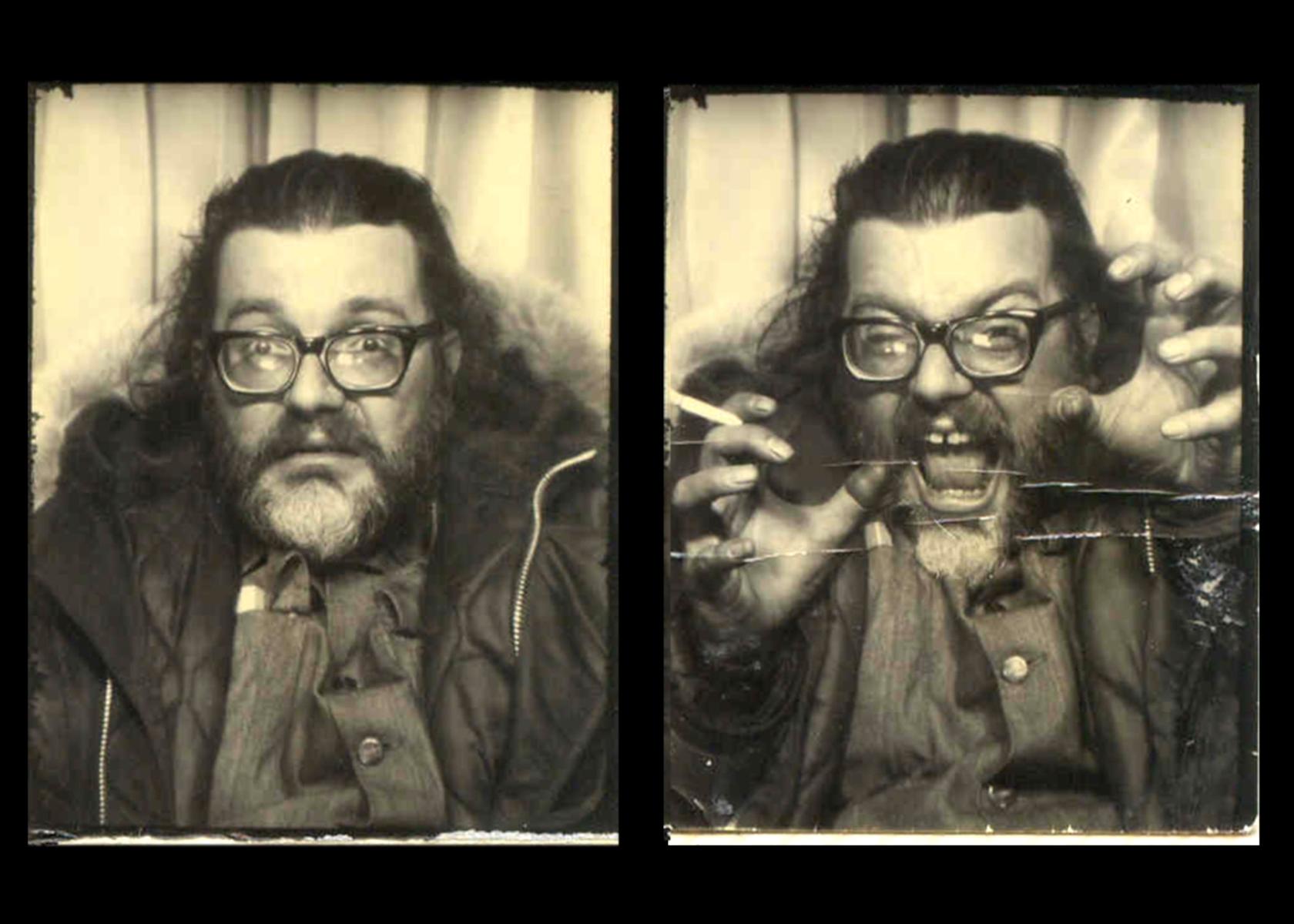
For Madmen Only takes us into the mind of improv guru Del Close–a person whose name is familiar with those who took up the art of improvisation.
I’m not going to get into debate behind improvisation because we’d just be here all night. In typical improv fashion, the opening credits state that “the filmmakers hereby accept the blame for everything else about this film.” Make no mistake that Del Close would certainly be proud. It’s straight out of the Adam McKay playbook.
Narrator Michaela Watkins states in the opening minutes: “If you never heard of Del Close, well, congratulations–that means you’re not a comedian, which all in all is probably good news for you.” This proceeds a graphic of everybody that he trained in improv or were trained in his teachings. After leaving The Second City, Close would go onto start up what we know call iO. A few iO students would create the Upright Citizens Brigades. The rest, as they say, is history. If you know someone that studied long-form improv, there’s a strong chance that they know how to perform The Harold. This is Close’s legacy and you’ll see it every night on the stages of iO, etc. Well, maybe not during the global pandemic!
Close’s story doesn’t start with iO. His story starts with Second City. To be fair, it starts with The Compass Players. The Compass Players started at the University of Chicago. However, they would become The Second City. And so Chicago would become the mecca for improv and sketch comedy. I could go on and on but there are other resources to read about their history.
One of the rather fascinating choices here is adapting Close’s autobiographical comic, Wasteland. The cast includes a number of improvisers or stand-up comedians. This wouldn’t work in any other documentary but Heather Ross finds a way to tie it back into Close’s life.
There are a number of anecdotes shared by interview subjects throughout the film. Andrew Alexander shares a memory from when Sahlins exiled Del to the Toronto theater. Del started throwing punches at Andrew only to have John Candy attempt to break them up.
Bernie Sahlins and Del Close had a running feud over the definition of improvisation. Moreover, Bernie didn’t want to put long-form improv on the Second City stages. He believed in a formula that worked. This formula includes drunk audience suggestions, backstage planning, and weeks of rehearsal.
In the film, Sahlins says the following about improv:
“I had a fundamental disagreement about the uses of improvisation. There are others–led by Del–who feel that process itself had some mysterious beauty. I think if you go to see improvisers often enough, you’ll see that half of their audience are other improvisers.”
Close believed it was an art form. He turned his anger towards his former bosses while writing Wasteland and let’s just say the depiction plays into an anti-Semitic trope in the Sahlins-esque character. Anyway, the feud would last until Close’s death. There’s video footage from Del’s final birthday party in the hospital. This is when many comedians came to say goodbye for a living memorial service. Charna Halpern, Del’s iO co-founder, made sure to give the two their space. Naturally, Sahlins commented to Del, “Del, for tonight, it’s an art form.” While you can read about it in Kim “Howard” Johnson’s biography, an excerpt can be found here.
A film like this will certainly play better for improv comedians. While I didn’t study improv until after Del Close died, I know people that he trained. I’ve heard some of the epic stories about him. This film–combined with the upcoming biopic–will expand on his legacy. I hope a distributor picks this film up because Del Close is an improv legend.
In watching For Madmen Only, you’ll learn more about Del Close and be better for it.
DIRECTOR: Heather Ross
FEATURING: James Urbaniak, Patton Oswalt, Bob Odenkirk, Matt Walsh, Lennon Parham, Lauren Lapkus, Jason Mantzoukas, Adam McKay, Jason Sudeikis, George Wendt



